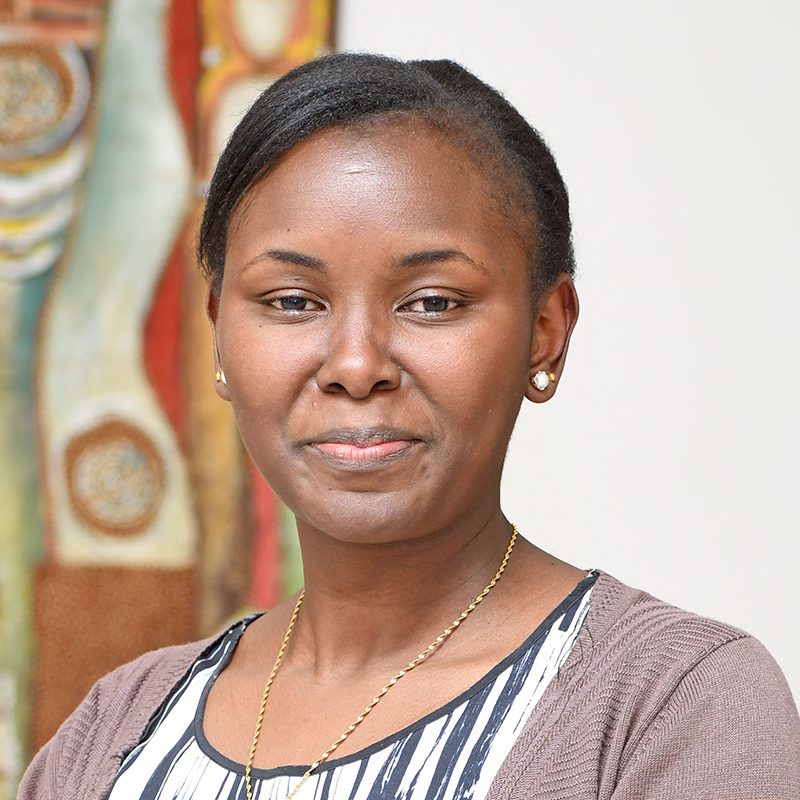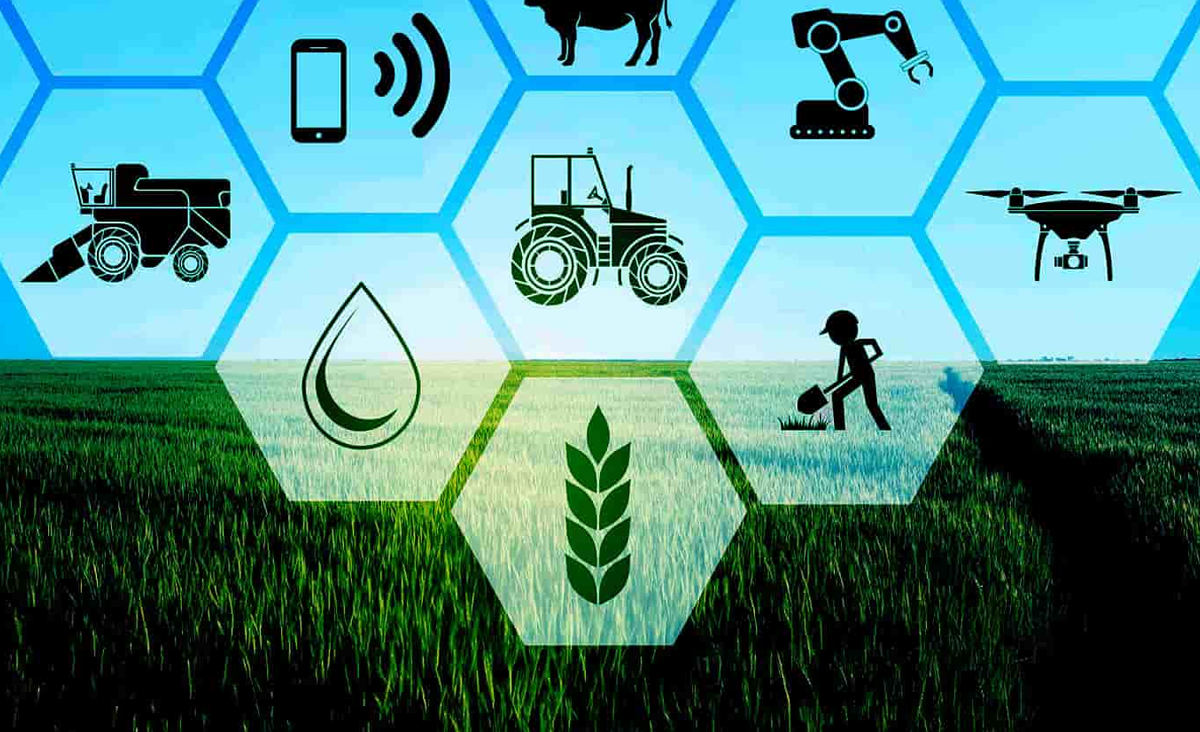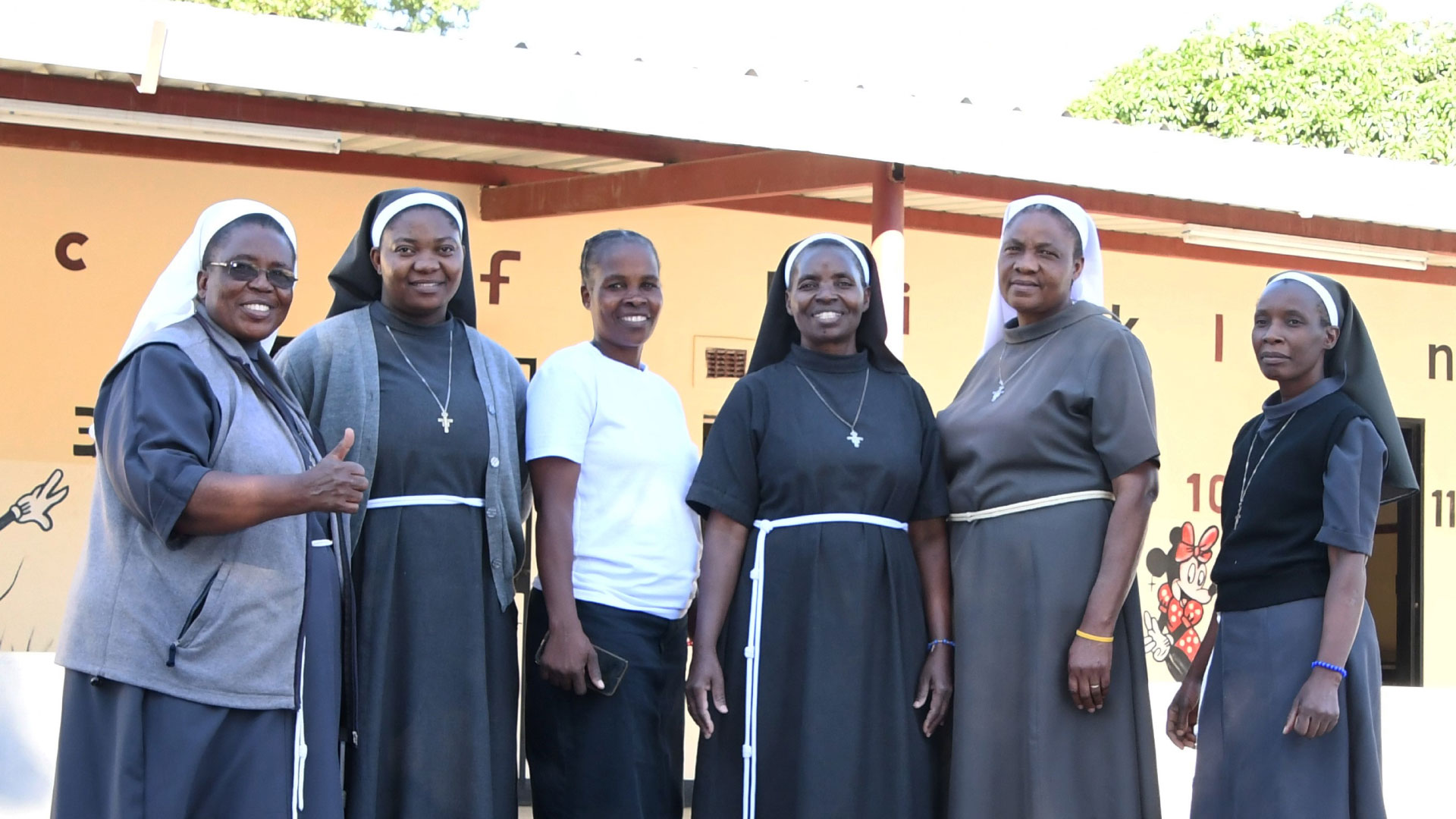In Kenya, the agricultural sector is the backbone of the economy, contributing up to 33 percent of the country’s Gross Domestic Product (GDP). The sector employs more than 40 percent of the total population and 70 percent of the rural population. However, agricultural productivity has stagnated in recent years.
Smallholder farmers in rural Kenya and agricultural enterprises continue to face challenges growing their businesses and improving the quality of agricultural goods. Some of the challenges that farmers in our country face include but are not limited to: climate change, soil erosion, lack of mechanization, smalls and fragmented land holdings, poor quality seeds, lack of adequate marketing knowledge and inadequate storage facilities. As it is today, massive post-harvest losses occur due to low-value addition and inadequate cold chain facilities. This is where value addition comes into play.
Value-added agriculture entails changing a raw agricultural product into something new through packaging, processing, cooling, drying, extracting or any other type of process that differentiates the product from the original raw commodity. It is a worthwhile investment that can generate higher returns, allow penetration of a new potentially high-value market, create brand identity, develop brand loyalty and extend the production season. The more value you provide, the more returns you can draw out from the market.
Some of the key benefits of investing in agriculture value addition include:
- Increased revenues for the farmers
- Creation of jobs along the value chain
- Reduced post harvest losses
- Precision farming,
- increased shelf life
- Reduction of agricultural losses due to product quality deterioration.
- Agricultural waste management
There is a growing demand for value-added products, both globally and locally. It is therefore imperative that farmers, investors, and other value chain players find ways of taking advantage of the value-adding opportunities.The produce-and-then-sell mindset of raw agricultural commodities is quickly being replaced by the strategy of first determining what attributes consumers want in their food products and then creating or manufacturing products with those attributes.
It is behind this backdrop that Strathmore University Business School, in partnership with the USAID Kenya Investment Mechanism Programme trained 51 women entrepreneurs running agriculture value addition businesses. This capacity building Programme, dubbed Women SMEs in Agribusiness Value Addition, ran between 18th and 22nd July 2022, aimed to equip the women entrepreneurs with skills and know-how for agricultural value addition.
During the class sessions, the women got to learn how to structure their business, financial record keeping, enhancing the production of quality goods, creating sustainable businesses as well as get linkage to business advisory service providers and investors. They also looked at the specific manufacturing and business challenges that hinder the growth of their enterprises.
Murugi, one of the participants noted that this Programme was the eye-opener she needed to grow her business to the next level. Another participant; Diana, noted that going through this Programme has been a game changer. “I have learnt so much through this Programme! It has been a game changer for me, I have already started implementing some of the lessons in my business,” she added.
Our country’s future depends on its ability to efficiently and profitably grow its own food supply. We must therefore find ways to make agriculture in Kenya more sustainable for the good of our future generations. .Learn more about The Investing in Agribusiness Value Addition Programme here
Article by Juliet Hinga
Would you like to share an article? Write to us at sbscommunication@strathmore.edu
Share This Story, Choose Your Platform!
Your journey to business excellence starts here. Subscribe today and be at the forefront of innovation and leadership.










